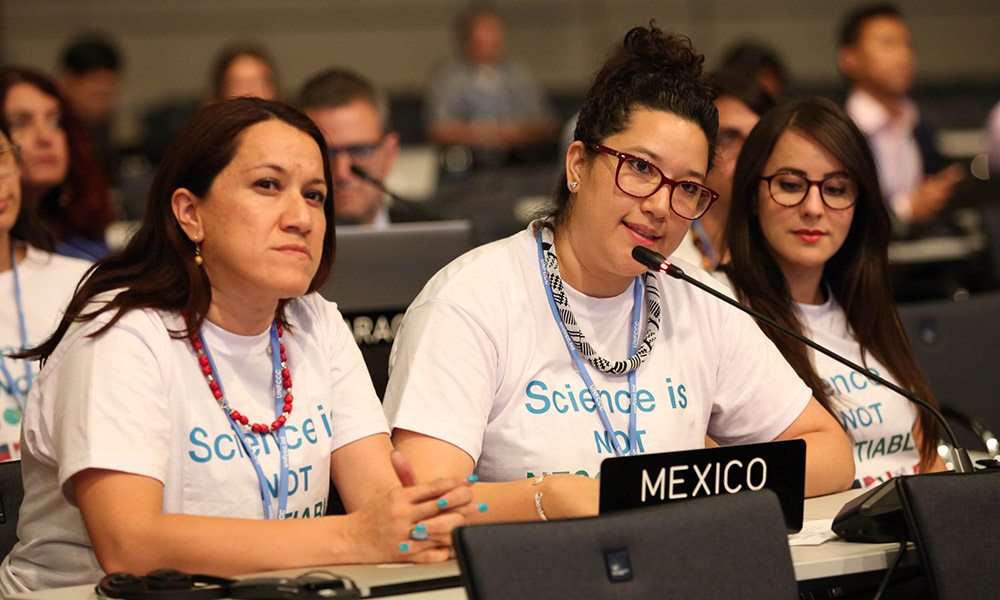Background paper highlights role of science in UN climate negotiations

A new paper from the International Institute for Environment and Development (IIED) assesses how science has guided UN climate negotiations so far and identifies what role the scientific community can play in the future.
Governments first agreed to initiate a coordinated global response to climate change in 1992. Mounting scientific evidence showed that human activities had caused global temperatures to rise, increasingly impacting natural ecosystems and humankind. They established the UN Framework Convention for Climate Change (UNFCCC) to ‘stabilize greenhouse gas concentrations in the atmosphere at a level that would prevent dangerous anthropogenic interference with the climate system’.
Since then, the role of scientists in informing and guiding the UN climate change negotiations has been critically important — albeit at times controversial. The most recent report on holding global temperature rise to 1.5°C received a particularly contentious response within the UN decision-making body.
This paper assesses how science has guided UN climate negotiations so far and what role the scientific community can play in the future. The authors describe how the first assessment report from the Intergovernmental Panel on Climate Change (IPCC) influenced the formation of the UNFCCC, which was followed by four more reports between 1996 and 2014, then a special report on 1.5°C in 2018.
The IPCC’s special report shows that limiting warming to 1.5°C is scientifically possible, though it will require rapid and far-reaching transitions in energy, land, infrastructure and industrial systems that are ‘unprecedented in scale’ and ‘imply deep emissions reductions in all sectors’. Yet country responses differed dramatically when the report was presented, with several opposed to even welcoming it.
To find out more about how the scientific reports are guiding current and future negotiations, read the new paper: The critical role of science in guiding UN climate negotiations
Photo: Sandra Leticia Guzman Luna, Mexico, speaking on behalf of the EIG. Kiara Worth/IISD.